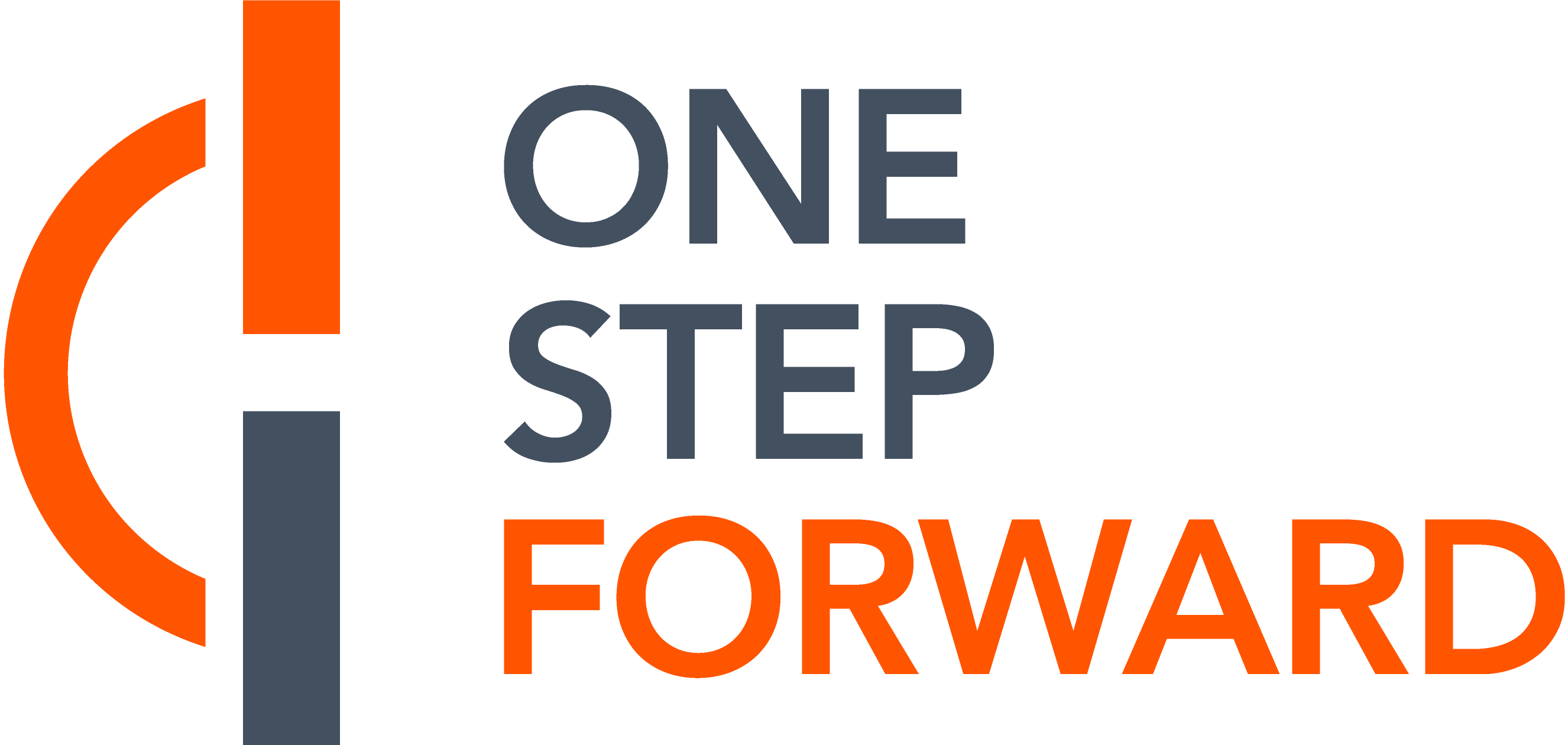Episode notes
Polly Mackenzie is CEO at Demos, a cross-party think tank in the United Kingdom. She’s also worked at the centre of government within the 2010-15 coalition, and run a charity focusing on money and mental health.
In the current fractious political environment Demos looks at big challenges like wealth inequality, “building back” after covid-19, and social protection for the most marginalised.
We talk a lot about how to “do” public policy in a complex democracy — in particular how to bring more human experience, more everyday behaviour, into the process.
But we also go deep on what that means for the people who work in public service. What mindset should we start with? How do we set our ambitions, and sense of self-worth, when we can’t possibly control the outcomes?
Topics discussed:
[02:25] Talking about public policy at the school gate, or with family. What opens the door to a good conversation, and what closes it.
[11:00] Early motivations to work in government, possibly due to too many West Wing episodes. A key role in the UK’s coalition government from 2010-15.
[15:20] Dealing with a “crushing” electoral defeat, and finding a new path outside of government. How and why she got started in the third sector.
[24:00] The tough reality of working in politics vs the “seductive” idea of being a change-maker. The severe emotional toll of electoral defeat.
[28:55] Adjusting her criteria for self-worth. Letting go of the “narcissism” of imagining huge changes in the world, and finding ways to make a dent.
[35:00] The role of think tanks in a modern democracy. The imperative of understanding the lived experience of citizens. The tendency of policy wonks to mis-categorise questions as technical rather than emotive and political.
[42:10] What success looks like, seen from a think tank. How we can better grapple with the biggest challenges, like social welfare reform, by legitimising experience and humanity in public policy.
[47:00] Advice to her younger self as a policy analyst. Finding a “third way” between populism and policy elitism.
